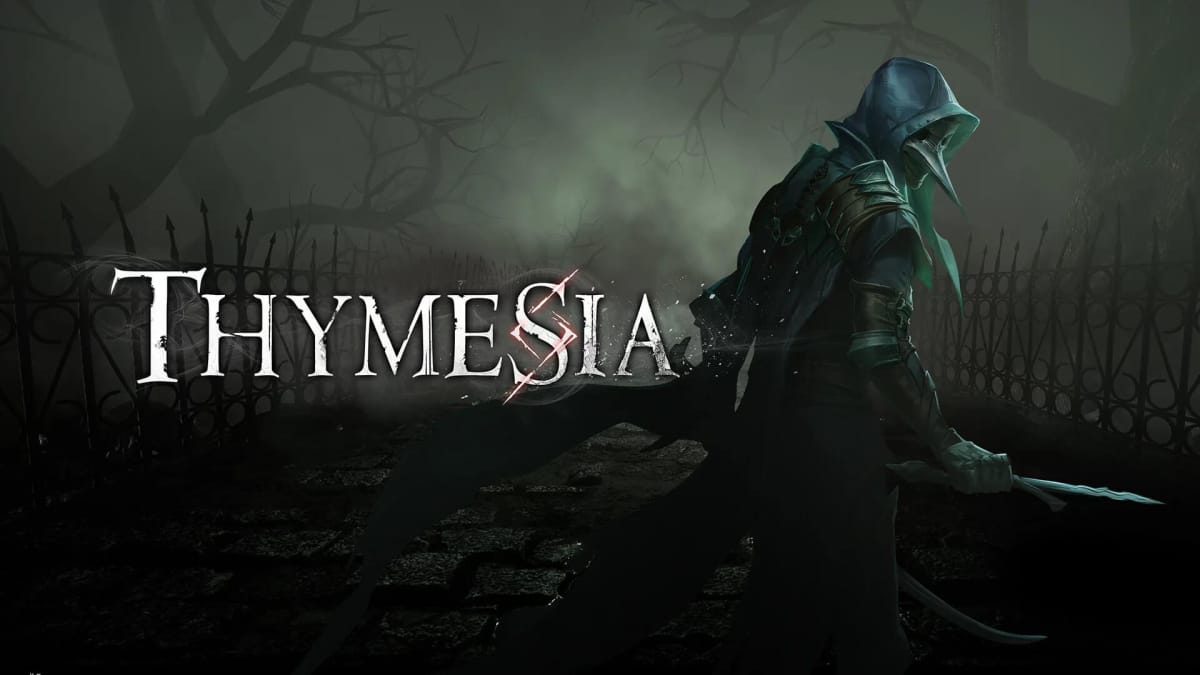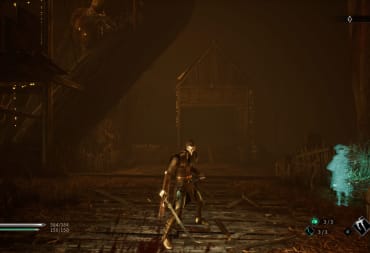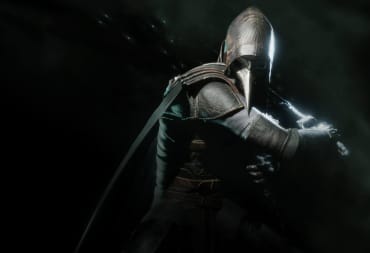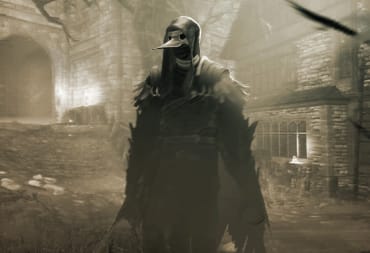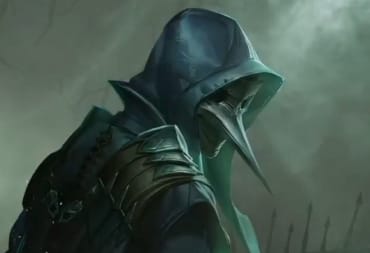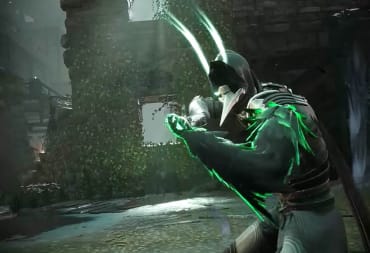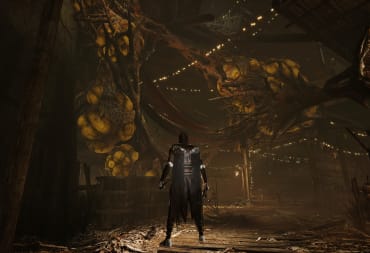Multiverse stories are becoming more and more popular in the current pop culture landscape. Often, they take characters to a world where one minor decision they made, or one minor difference in the way events shook out, changed everything irreparably, rendering that world almost unrecognizable. This is a helpful lens through which to view Thymesia, a new Soulslike from Taiwanese developer OverBorder Studio and publisher Team17.
In essence, Thymesia is what would happen if you visited a parallel universe wherein the developers of Bloodborne had effectively missed every opportunity to make their game compelling. On the surface, Thymesia has all the ingredients for Soulslike success: it's got moody gothic architecture, challenging action RPG combat, and an oblique story to unravel. Unfortunately, however, OverBorder just hasn't managed to translate those elements into a worthwhile experience.
Thymesia Has Clunky, Perfunctory Combat
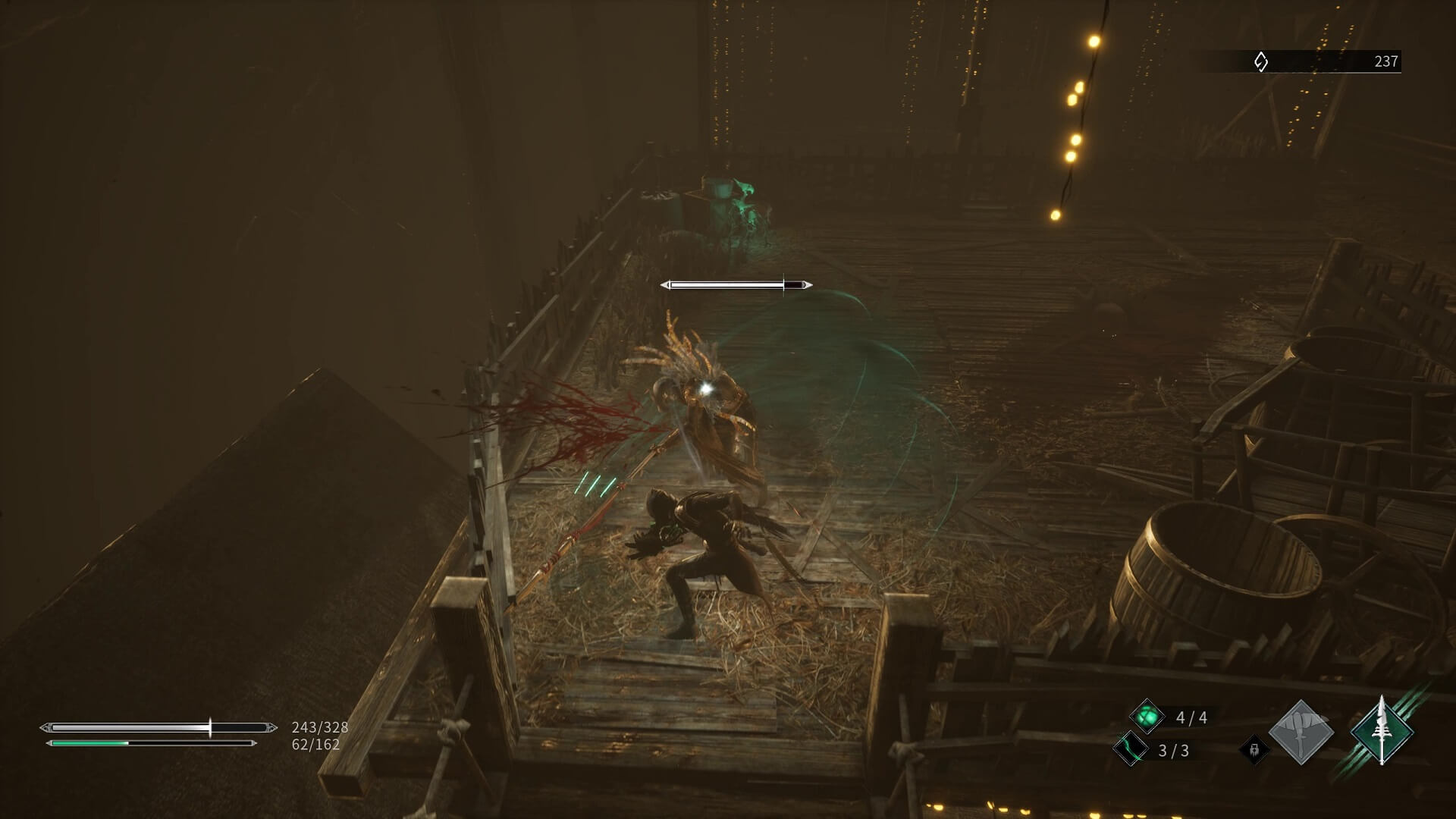
Combat is the bedrock for a Soulslike. If the combat feels rewarding, then a Soulslike can be forgiven any number of sins. Unfortunately, the combat in Thymesia can best be described as "perfunctory". If you've played Bloodborne, you'll be familiar with what Thymesia is trying to achieve. There's no real block button to speak of (although one can be acquired via the rather arbitrary talent tree), so you'll have to learn your opponents' attack patterns and dodge or parry in order to exploit moments of weakness and deliver ripostes.
At its best, the combat works fine; enemies swing, you dodge, you deliver your counterattack, rinse and repeat. It never teeters over into fully engaging, but it's adequate, and at times, it can feel briefly satisfying when you manage to dodge a particularly brutal assault. Sadly, Thymesia suffers from the same problems as many of its stablemates when it comes to combat.
Enemy movements can be jerky and difficult to predict, and many enemies have absurd tracking on their attacks, leading to comical moments where opponents will spin 540 degrees to land an attack they're determined to hit you with. There's a lack of weight and purpose to attacks, too, which means that you can sometimes be hit by something devastating without feeling any kind of impact.
This just doesn't feel like a combat system worth mastering; it's too floaty and unsatisfying to ever make you feel like the kickass plague doctor-warrior hybrid that you're supposed to be. A much-vaunted "plague weapon" system almost injects some much-needed variety into combat, but in reality, the plague weapons are little more than extra attacks with cooldowns, and they all too often leave you vulnerable to attacks you'd otherwise be able to dodge, so they rarely feel worth it.
Thymesia suffers from the same problems as many of its stablemates when it comes to combat.
There's also a lack of precision that serves as the deathblow to any sense of immersion or engagement with Thymesia's combat. Enemies will occasionally use attacks that you're supposed to riposte using a ranged feather attack, but the exact moment at which you're supposed to do this feels randomly determined, leading to immense frustration when you completely whiff a feather that should have landed. You can also physically parry attacks, but there is no point in attempting to do so, because again, the animation window for your parry is hilariously imprecise, so the risk-reward ratio for attempting a parry feels totally skewed against you.
This means combat usually devolves into the same tired dodge-counterattack-dodge dance for every single enemy, which in turn leads to combat quickly growing tiresome and repetitive. That sense of repetition isn't helped by the "claw" system, whereby normal attacks only wound enemies and claw attacks permanently apply those wounds. In practice, this just feels like "deal damage, then press another button to make the damage permanent". It's hard to understand why this middle step was added when "deal damage with attacks" feels perfectly fine as it is.
Originality Is Not Thymesia's Strong Suit
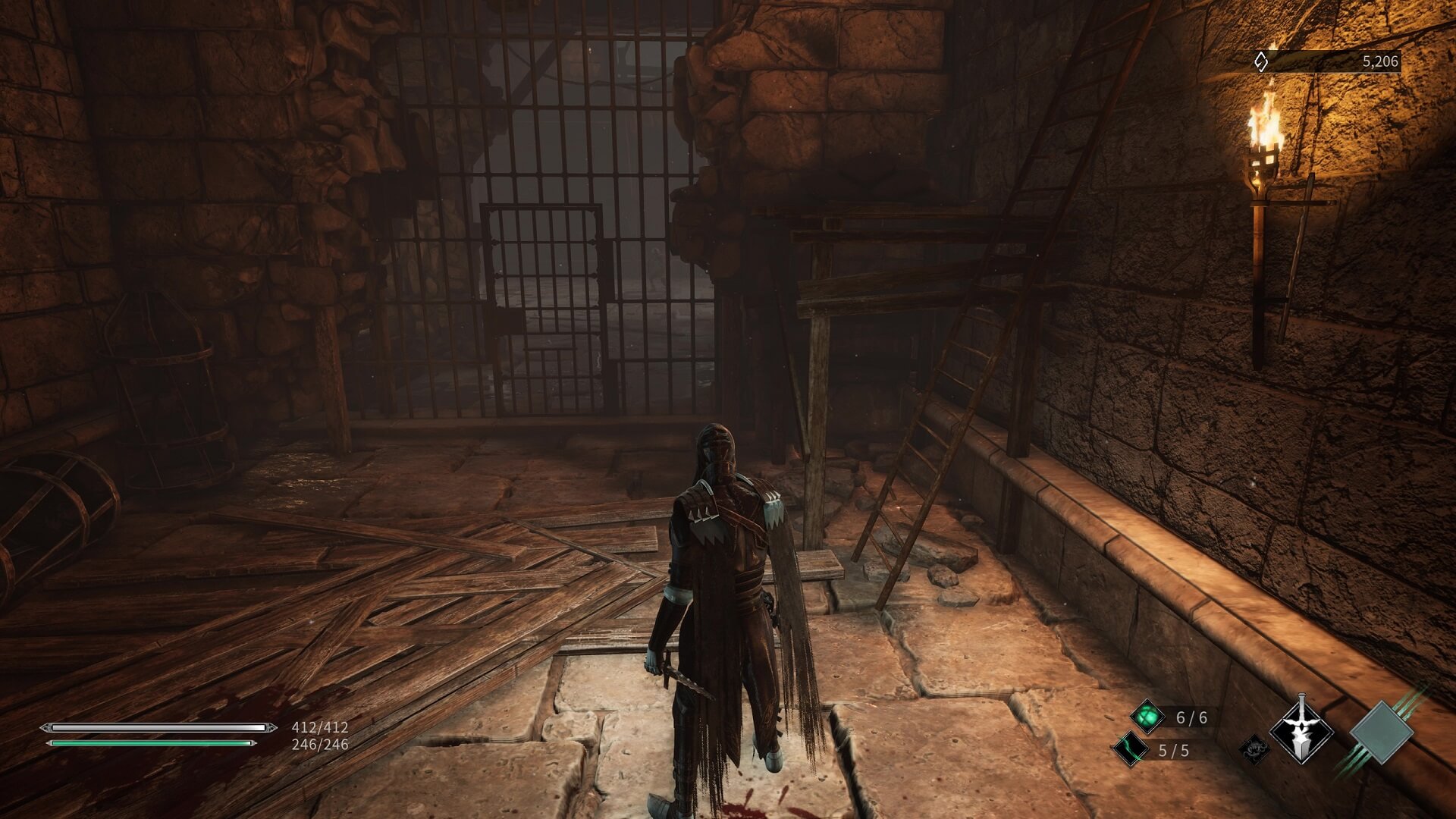
These combat problems are compounded by the fact that Thymesia's enemy variety is insultingly small. Over the course of a 10-hour playthrough, I'm pretty sure I can count the number of unique enemies I encountered on both hands and still have fingers left over. Near enough every single enemy in Thymesia is a human soldier or villager wielding a weapon of some kind, and for the most part, the weapons aren't particularly imaginative, either. Miniboss-style enemies with a bit more move variety and power threaten to make things interesting, but Thymesia is so in love with these enemies that it reuses them with alarming frequency, so they quickly become just as boring and repetitive as the regular enemies you encounter.
That lack of originality extends to Thymesia's aesthetics and story, too. The setup for Thymesia is thus: you arrive in a plague-ridden city in which the residents have caught some kind of plague, which has sent them mad. The plague is either exacerbated by or cured by two types of blood, and overuse of that blood has caused some of the city's more prominent residents to manifest eldritch appendages or other such monstrous augmentations. It's up to you to try to find out what's happened to the city and perhaps also to develop some kind of cure for the plague.
Where Bloodborne's mystery was intriguing and increasingly mind-warping, though, Thymesia's is breathtakingly boring and poorly-explained. Bad translation, weak characterization, and an overabundance of perfunctorily-written text logs kill any desire to learn more about the story early on, and by the time Thymesia's insipid conclusion rolls around, you'll have checked out long ago.
Thymesia's last, best hope is in its boss fights, but there's a depressing lack of creativity on display there, too. Most of the bosses are oversized humanoids wielding large weapons, and when they're not, they're generic beasts straight out of the World of Warcraft playthrough. Bosses never threaten dramatic second-act twists akin to those found in the best games of this genre.
If Ludwig the Accursed was a Thymesia boss, he'd never momentarily remember his humanity and change his stance for his second phase, but just continue attacking you with slightly renewed vigor. Several "insert boss here" tropes are also used; I don't want to spoil, but suffice it to say that "giant man pounding ledge with big fists" appears, as does "big worm that causes rockslide" and several other well-worn clichés.
There's Just Not Enough Meat On Thymesia's Bones
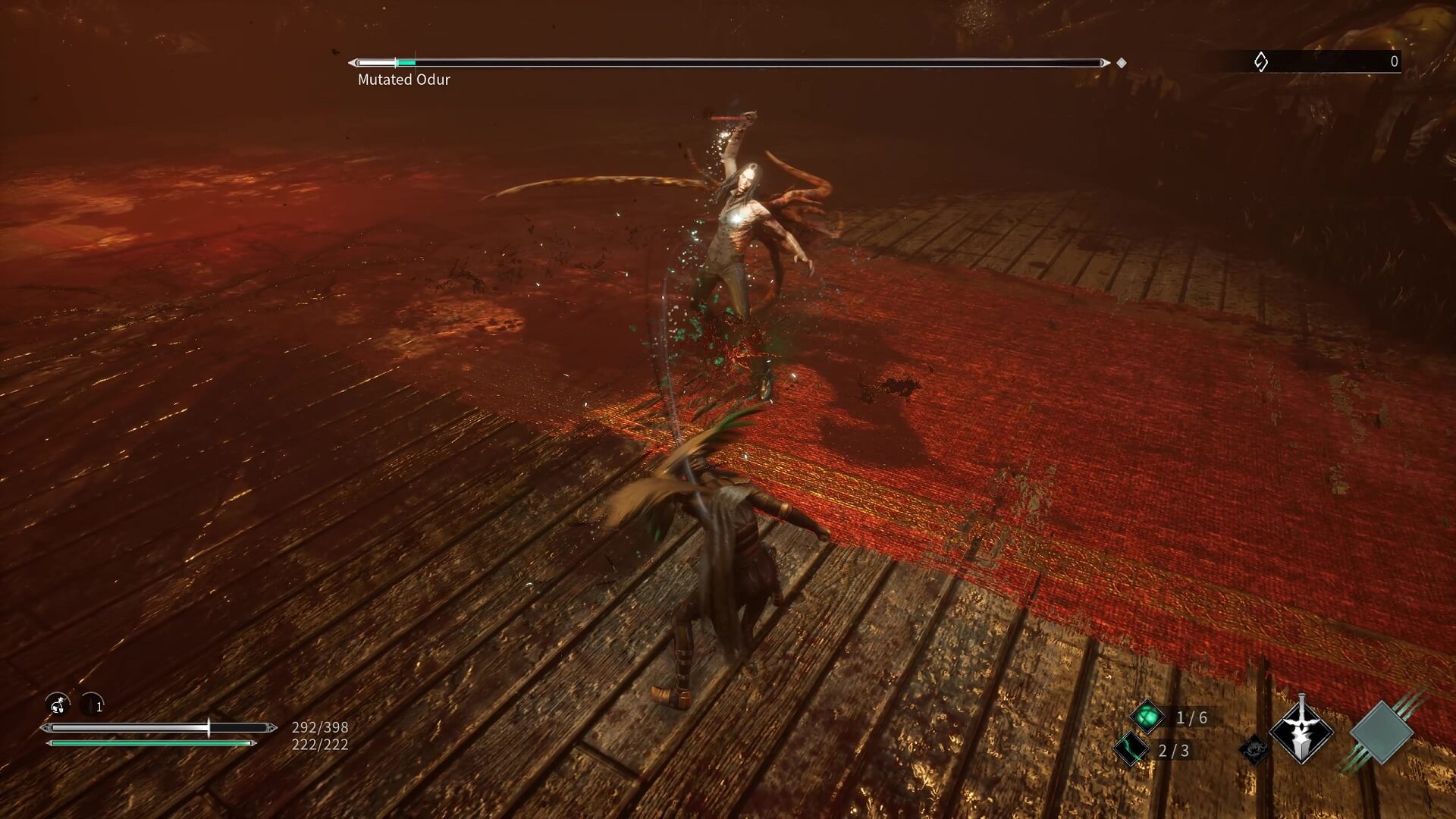
Given the lack of creativity at the core of Thymesia, perhaps its shocking brevity should come as no surprise, but this is still an almost insultingly small and brief experience. My playthrough clocked in at under ten hours, and that's with repeating the final boss a couple of times to try and get different endings (static text on static background images, natch). There are a grand total of three stages in Thymesia's entirety, and while they are relatively large, sprawling affairs with lots of side pathways to discover, they just don't feel like enough to fill out a full game. Thymesia feels like DLC for itself, a vestigial addition to a much bigger main game that doesn't exist.
What is a surprise, though, is just how padded Thymesia is. That ten-hour figure includes trudging through several "side missions" a la Nioh, wherein you revisit stages and go through them backwards or via a different route in order to fulfill some arbitrary extra objective like finding a text log or killing a certain enemy. Some side missions lead to "unique" bosses (insofar as anything in Thymesia can be called "unique"), too, which means that if you want to see everything Thymesia has to offer, you're going to need to repeat levels upwards of three or four times apiece.
If you ignore side content and focus on the main story, I can't see Thymesia lasting more than about four or five hours. A short length in itself isn't a big deal, but when the experience is already starting to feel repetitive after half an hour or so, the need to trudge through even more repetition just to see a unique boss or two is a serious issue.
Thymesia feels like DLC for itself, a vestigial addition to a much bigger main game that doesn't exist.
It's a shame, because even despite the lack of creativity and originality on display, there are moments where Thymesia almost manages to break through the haze. One or two bosses are at least mechanically satisfying, if not narratively so, and there's potential in an early stage set in a circus overrun by plague. Thymesia just fails to do anything meaningful or interesting with the few potentially interesting ideas it does have.
I suspect that this is yet another case of reach exceeding grasp. It feels like another "how hard can it be?" attempt to recapture the magic of From Software's games, and if this effort is anything to go by, then the answer to that question turns out to be "very hard indeed, actually".
Thymesia | Final Thoughts
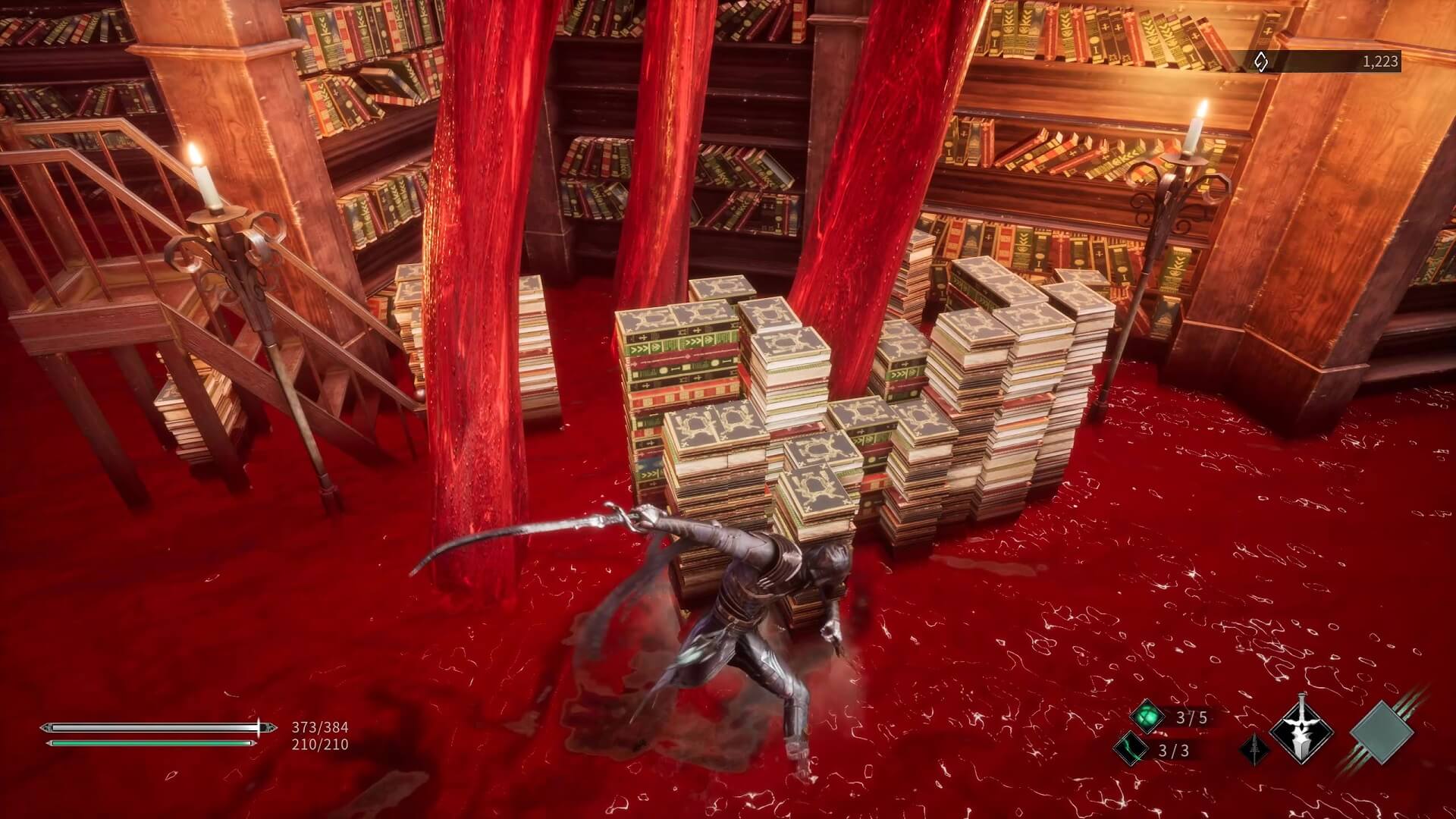
I wish Thymesia had more to recommend it. The visuals and aesthetics are occasionally nice enough, and there are moments where the combat is satisfying, but these positives shrink in the face of a staggering lack of creativity and a shocking attitude towards recycling content. At every stage in proceedings, Thymesia shies away from originality, refusing to innovate or take any of its ideas beyond their most perfunctory, basic level of expression.
It feels like a poorly-traced version of Bloodborne, a knock-off with the serial numbers filed off. Thymesia can occasionally distract or briefly entertain, but it never emotionally engages, never truly satisfies on a mechanical level, and usually only manages to evoke slightly frustrated boredom.
TechRaptor reviewed Thymesia on PC via Steam using a code provided by the publisher. It's also available on PlayStation 5 and Xbox Series X|S.
Review Summary
Pros
- Nice Visuals
- Occasionally Visceral Combat
- Decent Level Design
Cons
- Complete Lack Of Originality
- Tiresomely Obscure Story
- Weak Enemy Design
- Shocking Brevity
Have a tip, or want to point out something we missed? Leave a Comment or e-mail us at tips@techraptor.net
